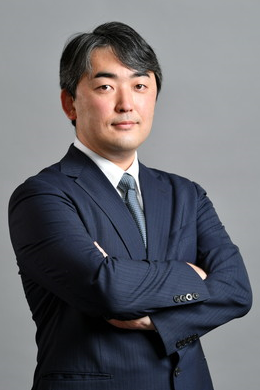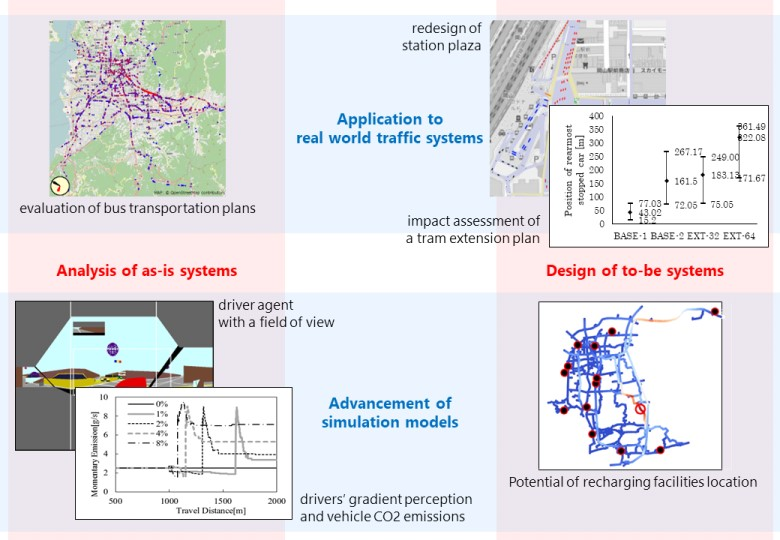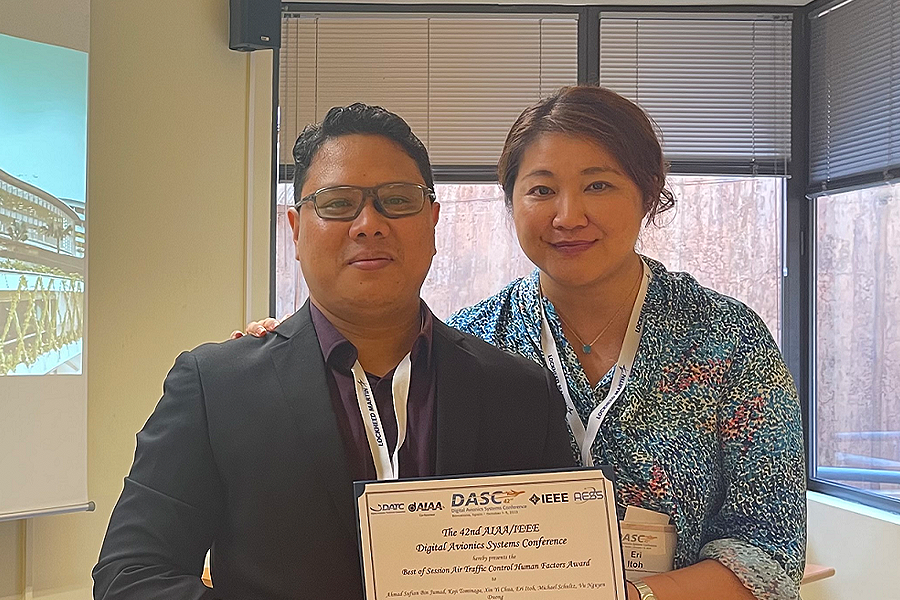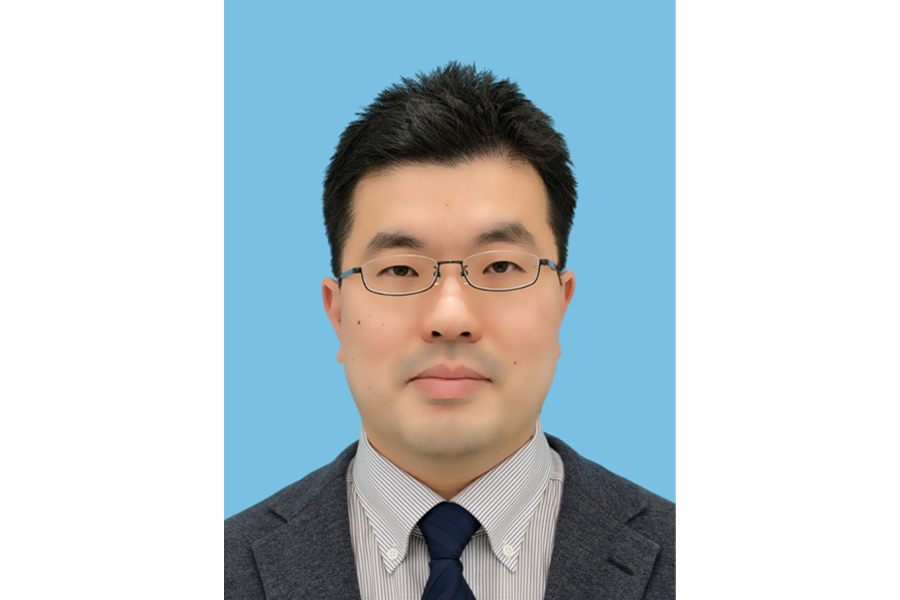Share this
Young Faculty / 080
Associate Professor Hideki Fujii, Yoshimura-Fujii Laboratory, Department of Systems Innovation

< Biography >
Mar. 2009 : Ph.D., Department of Human and Engineered Environmental Studies, Graduate School of Frontier Sciences, The University of Tokyo
Apr. 2009 - Mar. 2010 : Project Assistant Professor, Value Creation Initiative (Sumitomo Corporation), Research into Artifacts, Center for Engineering, The University of Tokyo
Apr. 2010 - Sep. 2010 : Project Assistant Professor, Department of Systems Innovation, School of Engineering, The University of Tokyo
Oct. 2010 - Jan. 2013 : Assistant Professor, Department of Systems Innovation, School of Engineering, The University of Tokyo
Jan. 2013 - Mar. 2021 : Lecturer, Department of Systems Innovation, School of Engineering, The University of Tokyo
Dec. 2017 - Mar. 2018 : Visiting Researcher, Technical University of Berlin
Apr. 2021 - Present : Associate Professor, Department of Systems Innovation, School of Engineering, The University of Tokyo
< About the research >
My research focuses on simulating social systems, particularly car and pedestrian traffic. The need to solve traffic problems such as traffic jams and traffic accidents has not changed as before; however, the boundary conditions of traffic systems are constantly changing, including research and development of electric and autonomous vehicles, requests for carbon neutrality, and implementation of ride-sharing and micro-mobility. Various policies are being discussed, and technologies are being proposed. Still, traffic system is one of the typical complex systems, so it is extremely difficult to predict in advance whether the expected effects will be achieved, and other risks will not be exposed.

We have been constructing a multi-agent-based traffic simulator that is precise enough and applicable to wide-area networks to replace real-world social experiments on a computer. Both the use of precise models and their application to wide-area networks increase the computational cost. To address this issue, we are developing advanced methods utilizing the knowledge of artificial intelligence, computer science, operations research, and so on. Examples are the design of driver agents with machine learning mechanisms, the construction of domain-decomposition-based parallel traffic simulation, and the enhancement of the efficiency of route searching algorithms. At the same time, we are researching the use of simulators to understand and solve real-world traffic problems and design to-be traffic systems. We have conducted preliminary evaluations of transportation planning for large-scale events and estimation of the environmental impact of car traffic on cities. The source code of the simulator is publicly available, and the simulator has been used by the traffic control center of prefectural police to study appropriate signal control parameters.
While pursuing precision and wide-area applicability, we are also developing simulation models that efficiently output the results with the desired accuracy within limited computational resources. We are also challenging to construct new models of pedestrian traffic and mixed traffic simulations of cars, trams, and pedestrians.
< Future Aspirations >
People's decision-making, not the results of social simulations, directly improves society. I will continue to work on simulation research to support social decision-making and consensus-building.
< URL >
Yoshimura-Fujii Laboratory : http://save.sys.t.u-tokyo.ac.jp/index_e.html
These Related Stories


